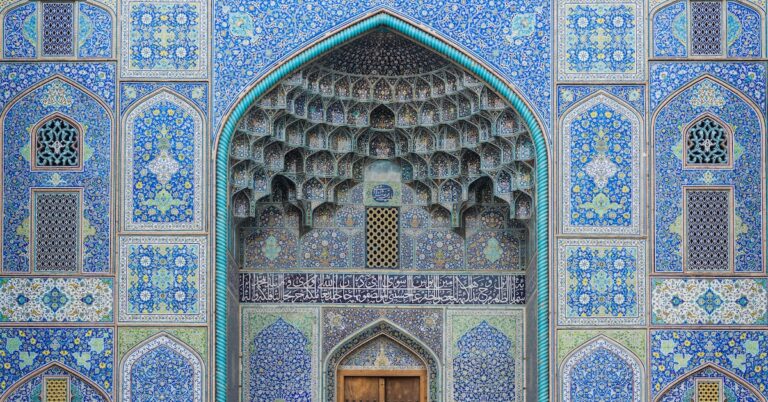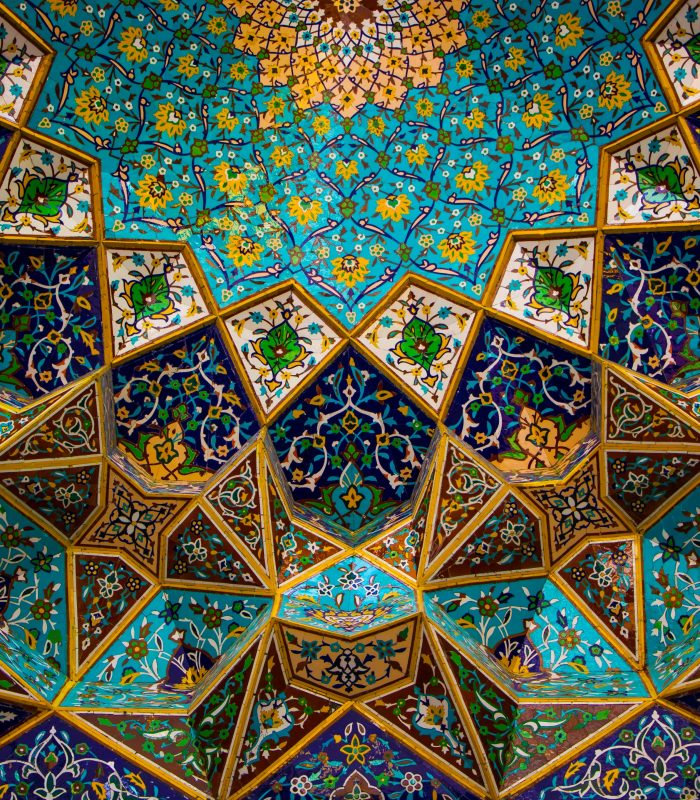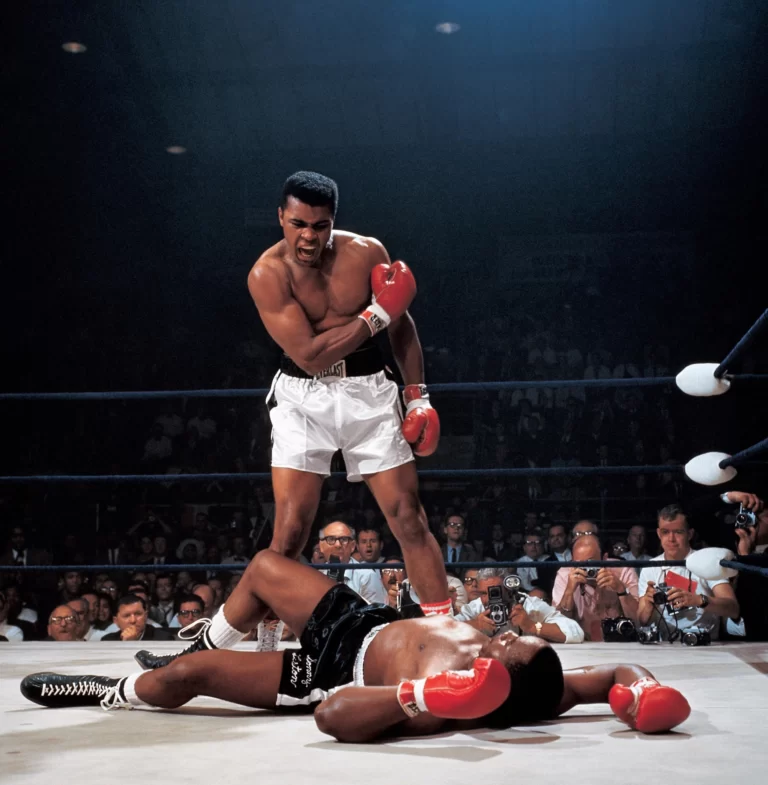A successful journey can be measured in many ways but above all, it should expand your world that little bit more. Travel provides many opportunities to expand your world in some obvious but also in not so obvious ways. One of those not so obvious ways is that travelling gives you time to read. No matter if you are camping, waiting for your flight, or lounging at some tropical pool, a good book may just be what you need to relax and distance yourself from your day-to-day life to expand your world beyond your wildest dreams.
Sometimes, reading a good book when travelling can be transformative for your journey itself. Leaving out the Holy Quran here are five books that will truly add to your next Halal travels in no order.
No God But God
In No god but God, internationally acclaimed scholar Reza Aslan explains Islam—the origins and evolution of the faith—in all its beauty and complexity. This updated edition addresses the events of the past decade, analysing how they have influenced Islam’s position in modern culture. Aslan explores what the popular demonstrations pushing for democracy in the Middle East mean for the future of Islam in the region, how the Internet and social media have affected Islam’s evolution, and how the war on terror has altered the geopolitical balance of power in the Middle East. He also provides an update on the contemporary Muslim women’s movement, a discussion of the controversy over veiling in Europe, an in-depth history of Jihadism, and a look at how Muslims living in North America and Europe are changing the face of Islam. Timely and persuasive, No god but God is an elegantly written account that explains this magnificent yet misunderstood faith.

Malcolm X
Through a life of passion and struggle, Malcolm X became one of the most influential figures of the 20th Century. In this riveting account, he tells of his journey from a prison cell to Mecca, describing his transition from hoodlum to Muslim minister. Here, the man who called himself “the angriest Black man in America” relates how his conversion to true Islam helped him confront his rage and recognize the brotherhood of all mankind.
An established classic of modern America, “The Autobiography of Malcolm X” was hailed by the New York Times as “Extraordinary. A brilliant, painful, important book.” Still extraordinary, still important, this electrifying story has transformed Malcolm X’s life into his legacy. The strength of his words and the power of his ideas continue to resonate more than a generation after they first appeared.

The Travels of Ibn Battuta
The Arab equivalent of Marco Polo, Sheikh Ibn Battuta (1304-77) set out as a young man on a pilgrimage to Mecca that ended 27 years and 75,000 miles later.
The only medieval traveller is known to have visited the lands of every Muslim ruler of his time, Ibn Battuta was born into a family of highly respected religious judges and educated as a theologian. Leaving his native city of Tangier in 1326, he travelled — over the next several years — to East Africa, Byzantium, Iraq, southern Russia, India, Ceylon, and China. His account of the journey, dictated on his return, not only provides vivid accounts of an odyssey that took him to exotic lands, but also describes in detail Muslim maritime activities in the Middle and the Far East, fascinating elements of foreign architecture, and agricultural activities of diverse cultures.
A rare and important work covering the geography and history of the medieval Arab world, this primary sourcebook will be welcomed by students and scholars for its inherent historical value.

Islam Without Extremes
From furious reactions to the cartoons of Prophet Muhammad to the suppression of women, news from the Muslim world begs the question: is Islam incompatible with freedom? With an eye sympathetic to Western liberalism and Islamic theology, Mustafa Akyol traces the ideological and historical roots of political Islam. The years following Muhammad’s passing in 632 AD saw an intellectual “war of ideas” rage between rationalist, flexible schools of Islam and the more dogmatic, rigid ones. The traditionalist school won out, fostering perceptions of Islam as antithetical to modernity. However, through his careful re-examination of the currents of Muslim thought, Akyol discovers a flourishing of liberalism in the nineteenth-century Ottoman Empire and the unique “Islamo-liberal synthesis” of present-day Turkey. Only by accepting a secular state, he powerfully asserts, can Islamic societies thrive. Persuasive and inspiring, Islam without Extremes offers a desperately needed intellectual basis for the reconcilability of Islam and religious, political, economic, and social freedoms.

The Alchemist
Paulo Coelho’s enchanting novel has inspired a devoted following around the world. This story, dazzling in its powerful simplicity and soul-stirring wisdom, is about an Andalusian shepherd boy named Santiago, who travels from his homeland in Spain to the Egyptian desert in search of a treasure buried near the Pyramids.
Along the way, he meets a Romany woman, a man who calls himself a king, and an alchemist, all of whom point Santiago in the right direction for his quest. No one knows what the treasure is, or whether Santiago will be able to surmount the obstacles in his path, but what starts out as a journey to find worldly goods turns into a discovery of treasure within.
Lush, evocative, and deeply humane, the story of Santiago is an eternal testament to the transforming power of our dreams and the importance of listening to our hearts.



